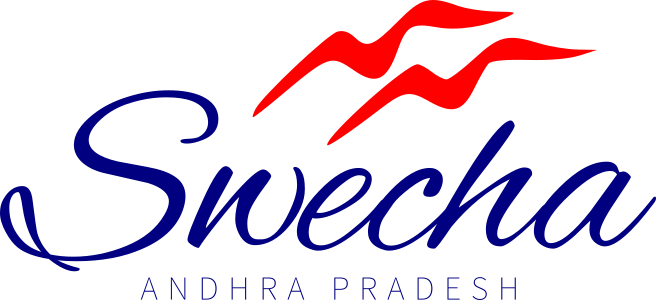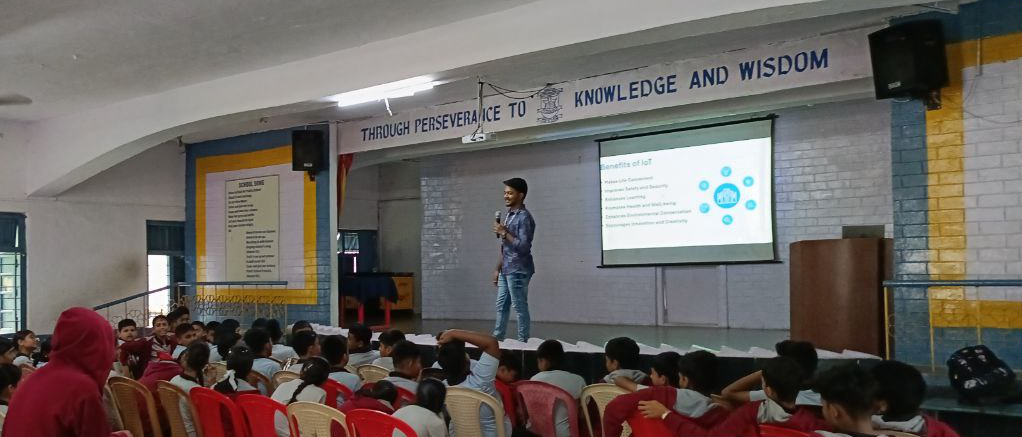This post was written as part of the KLU Social Internship organised by Swecha Andhra Pradesh. See outreach dashboard of this internship for metrics or our page on meta.wikimedia.org for more of our activities in Wikimedia.
Introduction
I am B Suraj Patra, a first-year CSE student at K L University, and recently, I had the incredible opportunity to participate in a social internship in association with KLGLUG and SwechaAP. This experience was both enriching and transformative, providing me with invaluable insights into digital literacy and community engagement.
How I Registered
After finishing my end-semester exams, I received information from my university about completing a social internship during the summer break. I had two options: return to college and complete the internship in 10 days with a set of mentors or do it remotely from home. I chose to do it from home.
Later, I learned that the internship would start on 9th June 2024, in six phases, continuing until 22nd July 2024, organized by the Student Activity Centre (SAC) of KL University.
Everything seemed to be going smoothly until I received an email from KLGLUG about registering for their social internship. This left me confused about which internship to pursue. I asked a friend to research both options and let me know which was better. After a few days, he informed me that the KLGLUG social internship was officially approved by the Dean of Academics at our university and offered a more diverse range of activities compared to the SAC internship. Hence, I registered for the KLGLUG internship. On 10th June, my social internship began officially.
My Internship Journey
Every day, I had an online meeting from 6 PM to 7 PM. During these sessions, I discussed my doubts, explored new apps and websites, and shared my progress. Throughout the internship, I was actively involved in various projects, including OpenStreetMap (OSM), Wiki contributions, and Balaswecha initiatives. These platforms allowed me to make meaningful contributions to open data and open-source communities.
OpenStreetMap (OSM) Contributions:
In this category, I explored new websites and apps like the OSM website, the Every Door app, and the Mapillary app. I marked buildings, areas, etc., in OSM and Every Door in a formal manner. While OSM and Every Door were similar, Mapillary was unique as it captured street views similar to Google Maps.
To contribute to Mapillary, I asked my friend to ride my vehicle while I sat behind, recording the streets of my hometown, Semiliguda. Although my target distance was not met due to the small size of my hometown, I asked my younger brother to ride the vehicle on another day, and we went to a nearby town to continue recording. Eventually, I covered a distance of 13.7 km and contributed the data to Mapillary.
One amusing incident occurred while contributing to Mapillary. Since the 5G network does not reach my home, I had to climb nearby hills to get a 5G signal after recording the street view images, as the data size was quite large. This made the experience quite adventurous.
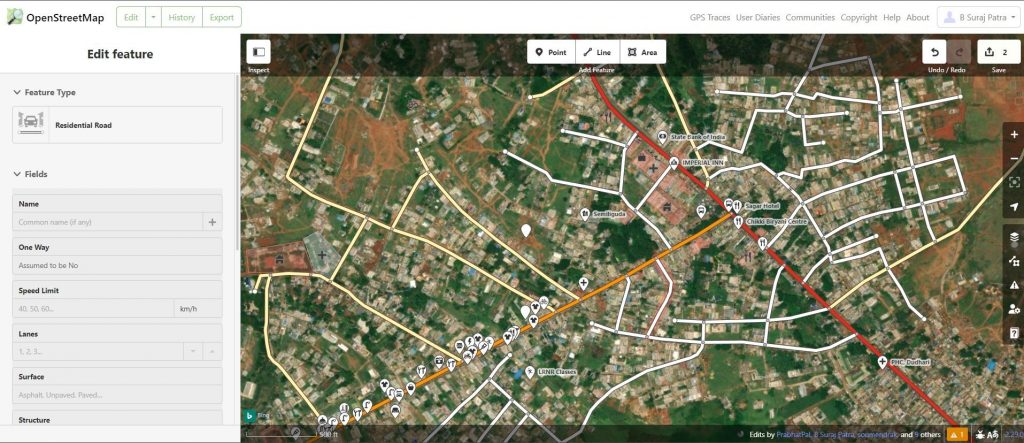
OSM:
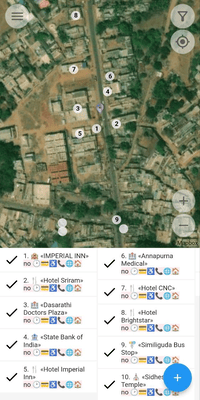
Everydoor
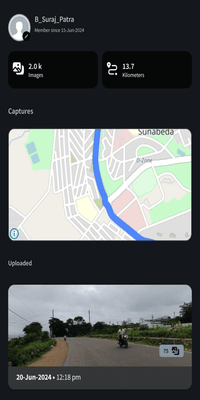
Mapillary
Wikipedia Contributions:
Upon completing the OSM category, I proceeded to Wikipedia contributions. My mentors guided tasks such as uploading images to Wikimedia Commons, detailing government buildings, temples, and famous village landscapes, updating village Wikipedia pages in both English and the local language, and editing existing Wikipedia pages by adding references.
A significant challenge I faced was creating a Wikipedia account, as my IP address was frequently blocked. Despite multiple attempts, I was unsuccessful. Eventually, I discovered an official Wikipedia website where I could request an account. I applied and received a response within 24 hours, successfully creating my account. This allowed me to complete all my assigned tasks promptly.
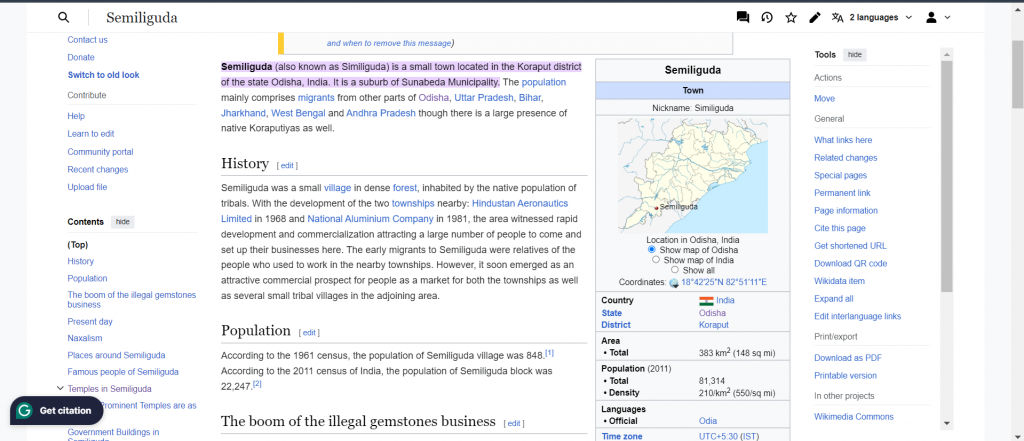
English Wikipedia:
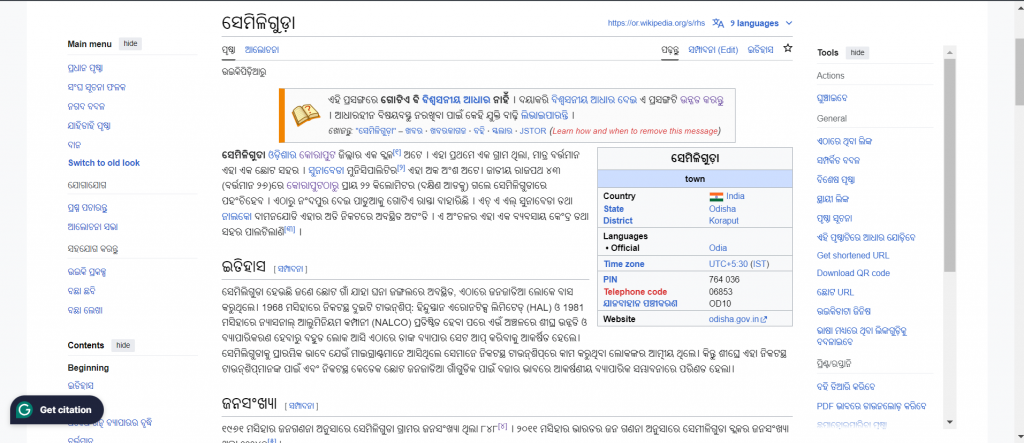
Odia Wikipedia:
In one of the evening meetings, participants shared their experiences of encountering resistance from government officials while photographing buildings. To avoid such issues, I decided to take photos on a Sunday, an official holiday for employees. I requested permission from security guards, who allowed me to capture the photos, enabling me to complete my tasks.
Balaswecha Initiatives:
Balaswecha, focused on promoting free software in education, was particularly close to my heart. It took considerable effort to obtain permission from the principal of Sunabeda Public School, which was finally granted after three days of persistent follow-up. From 26th June to 28th June 2024, I had the privilege of teaching students from grades 7 and 8. The sessions covered foundational computer skills and explored exciting topics such as AI concepts, AI tools, and IoT. I also had the opportunity to introduce the students to the basics of AI, enhancing their understanding of its applications and implications.
During these interactive sessions, we explored various AI tools and designed simple IoT experiments together. Witnessing the students’ enthusiasm and curiosity firsthand was incredibly rewarding. What made the experience even more fulfilling was the participation of several teachers and the principal, who joined us in these learning sessions.
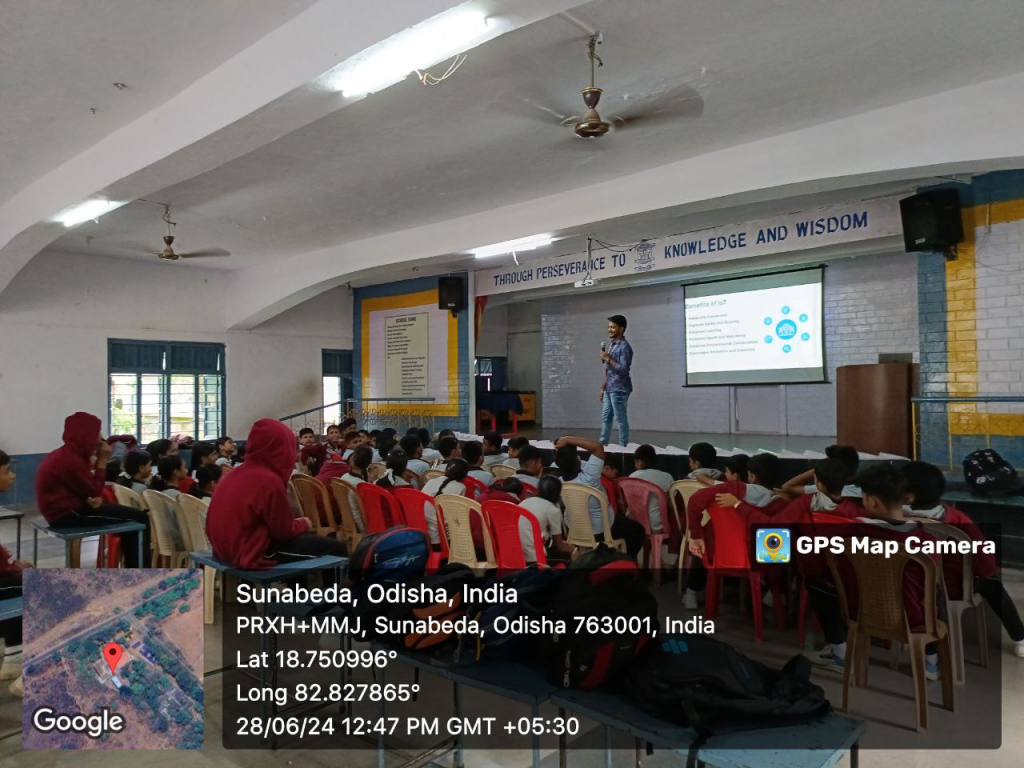
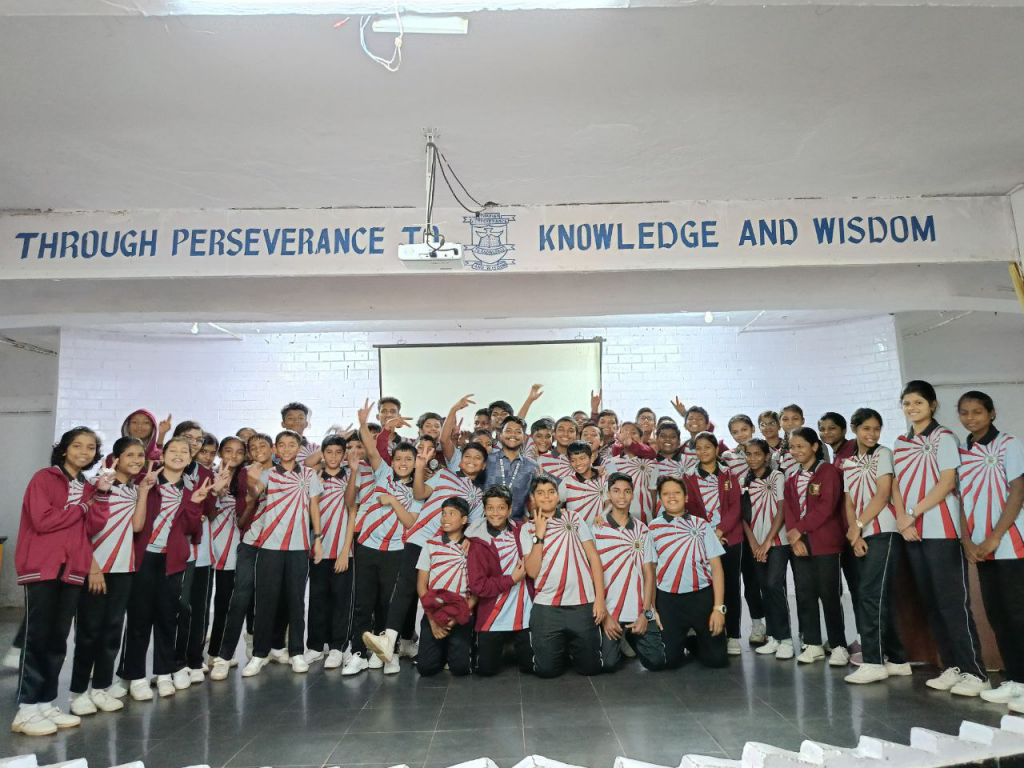
What I Learned
The internship taught me a myriad of skills and lessons:
– Technical Skills: Improved my proficiency in mapping tools, content creation, and open-source software.
– Communication Skills: Learned to convey complex ideas simply and engagingly to younger audiences.
– Teamwork and Collaboration: Worked closely with peers and mentors, understanding the dynamics of effective teamwork.
– Community Engagement: Realized the importance of giving back to the community and how technology can be a powerful tool for social change.
Gains from the Internship
This internship has been immensely rewarding. It has:
– Deepened my understanding of open-source contributions and their impact.
– Enhanced my teaching abilities and confidence in public speaking.
– Provided a platform to network with like-minded individuals and experts in the field.
– Instilled a sense of responsibility towards digital inclusivity and education.
Acknowledgements
I would like to express my heartfelt gratitude to KL GLUG, KL University, Vaddeswaram, and SwechaAP for this opportunity. Special thanks to all the mentors and speakers Karrthikeya Sarma, Teja sai reddy Endreddy, Khyathi Kancharla and Tadiboina Selva Raj who guided me throughout this journey. Your support and encouragement have been invaluable.
Conclusion
Participating in this social internship has been a pivotal experience in my academic and personal growth. It has inspired me to continue contributing to open-source projects, promoting digital literacy, and engaging with younger audiences to foster a passion for technology. I look forward to more such opportunities where I can learn, grow, and make a positive impact.
